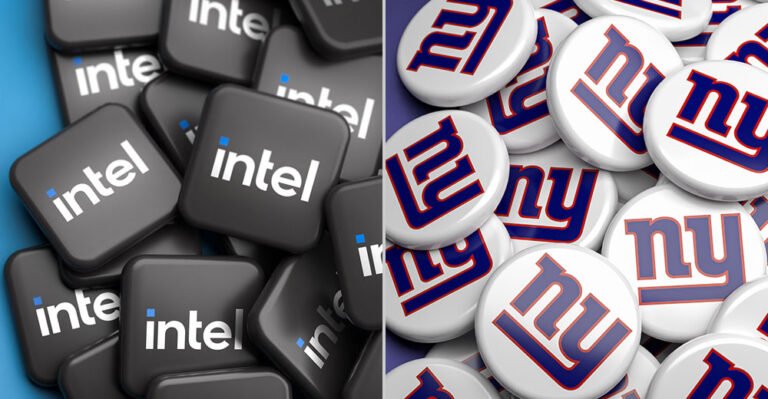
The use of artificial intelligence (AI) in smartphones has been a major selling point for companies like Apple and Samsung in recent years. However, a recent survey conducted by SellCell, a used electronics selling site, has revealed that the enthusiasm for AI features among users is lacking. The survey, which included over 2,000 iPhone and Samsung users, found that a significant majority of respondents felt that the AI features on their phones added little to no value to their smartphone experience.
According to the survey results, 73% of iPhone users and 87% of Samsung users expressed dissatisfaction with the AI features on their devices. This sentiment reflects a broader confusion in the market, where users are being bombarded with AI-related marketing messages without a clear understanding of how to actually utilize these features. HP Newquist, executive director of The Relayer Group, a business consulting firm in New York City, highlighted this issue, stating that companies are not effectively communicating the practical benefits of AI to users.
Privacy concerns and skepticism about the meaningful improvements offered by AI features were cited as reasons for the lack of enthusiasm among iPhone users. Mark N. Vena, president and principal analyst at SmartTech Research, pointed out that Apple users have high expectations for data protection and may be wary of the AI features. Additionally, limited compatibility with older iPhone models and the lack of differentiation in Samsung’s AI offerings were identified as factors contributing to user apathy.
Greg Sterling, co-founder of Near Media, emphasized the need for better education and explanation of AI features by companies like Apple. He suggested that Apple should provide more information to users about the features and how to effectively utilize them. Tim Bajarin, president of Creative Strategies, echoed this sentiment, emphasizing the importance of tutorial-like posts to help users understand and utilize AI features.
Rob Enderle, president and principal analyst at the Enderle Group, highlighted the learning curve associated with AI and emphasized the need for user training. He suggested that the lack of familiarity with AI features could be a contributing factor to the negative perceptions observed in the survey.
The gradual rollout of AI features in smartphones was also identified as a potential reason for the lack of enthusiasm among users. Sterling noted that the incremental release of AI features may prevent users from experiencing the concrete benefits of these technologies. Will Kerwin, an equity analyst with Morningstar Research Services, predicted that consumer interest in AI-driven iPhone sales would increase over time as users adapt to the new features.
Despite the lukewarm response to AI features, some analysts believe that brand loyalty remains strong among Apple users. Ross Rubin, principal analyst at Reticle Research, acknowledged the attempts by companies to inject excitement into the user experience through AI features. He noted that while Apple users may express interest in switching to Samsung for better AI features, the ecosystem lock-in and investments in the App Store make it challenging to switch platforms.
Overall, the survey results highlight the challenges faced by smartphone makers in effectively communicating the value of AI features to users. As technology continues to advance, companies will need to focus on educating consumers and providing clear guidance on how to leverage AI capabilities to enhance the overall smartphone experience. By addressing user concerns and improving the user interface, smartphone makers can potentially increase user engagement and satisfaction with AI features in the future.






